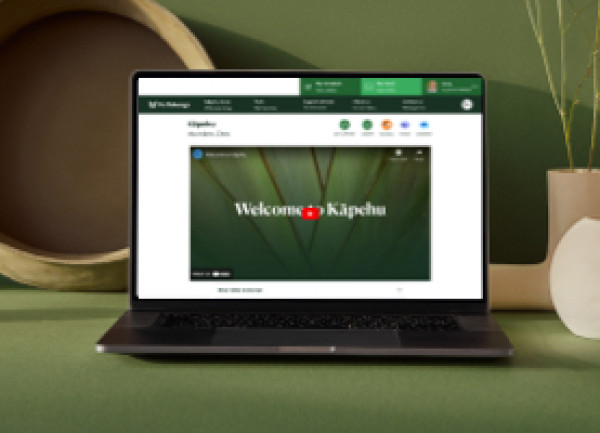- Kāpehu home Whārangi kāinga
-
- Tools
- Academic Integrity Declaration Form Book EpiCentre Book student support Dunedin Campus Map eTV EvaluationKit Get research ready Grammarly InPlace Learning Online Toolbox Library study rooms Linkedin Learning Microsoft 365 Moodle MS Teams
- OneDrive Papercut Printing balance Robertson Library Room availability Parking Service@OP Student Job Search Studiosity Vault Incident Reporting
-
- Support services
- Learners/Ākonga Auckland International Campus Central Otago Campus International Māori Online/distance Pasifika Wellbeing and Safety Record a hazard/incident Induction and training In an emergency Get involved Be a peer tutor Be a programme rep Be a student mentor
- Support Student Support Te Ama Tauira website Accessibility/neurodiversity Assistive technology Careers Chaplains Counselling Dyslexia-Friendly Quality Mark Hidden Disabilities Sunflower programme IT Support Learning support Peer tutors Queer support Student advisors Wellbeing hub - Te Pae Ora Wellbeing support Wellbeing Toolbox - Kia Kaha
- Other services Budgeting Campus Watch Childcare Centre Community Services Card Covid-19 info and support Education Foundation Grants and hardship Justices of the Peace Low Sensory Room OPSA Parents' Room Pocket Lab healthcare Scholarships Sensory Friendly Hours around Dunedin Student insurance Studylink Study Abroad Student ID cards Unipol Tips for staying safe
-
 Want to book a support appointment?
Want to book a support appointment?
We’ve got a great range of support services here to help you.
This handy online form lets you book an appointment without having to pick up the phone.
Book nowNew Zealand: 0800 762 786
International: +64 3 477 3014
-
- About us
- All study options Animals@OP Apply for a programme Cromwell campus map Dunedin campus map Getting started Graduation OP merchandise Policies Postgraduate study Rights and responsibilities Semester and holiday dates Student parking form Terms and conditions Transcript and Certificates - Damaged or Incorrect Ways to study
-
 Get your OP merch!
Get your OP merch!
From cuddly penguins to engraved mugs and snuggly hoodies, we’ve got something for everyone. Check out our merch at the Customer Services Desk in The Hub at the Dunedin Campus and buy yours online today.
Shop nowNew Zealand: 0800 762 786
International: +64 3 477 3014
-
- Contact us
- All contact details Compliment or complaint? Contact OPSA Contact your programme rep In an emergency Kāpehu Feedback about Kāpehu Request new content for Kāpehu
-
 Want to add content to Kāpehu?
Want to add content to Kāpehu?
Great, we want you to!
We've got a handy form so you can send us the details and we can add it for you.
Request content hereNew Zealand: 0800 762 786
International: +64 3 477 3014